Intermittent Fasting For Beginners!
Intermittent fasting or IF is a pattern or schedule of eating. It’s not a diet, meaning it doesn’t change what you eat, just when you eat.
Intermittent fasting can help with fat loss along with many other benefits which we’ll cover in a moment. Interestingly, many people will eat the same amount of calories and still reap the benefits. It’s a great way to get lean and retain muscle mass.
How Does Intermittent Fasting Cause Fat Loss?
When it comes to digestion, the body has 2 states. They are the:
4-Week Keto Meal Plan
- 4 Weeks of Delicious Keto Recipes!
- Leftovers and Bulk Preps Included
- Maximize Your Keto Diet's Success
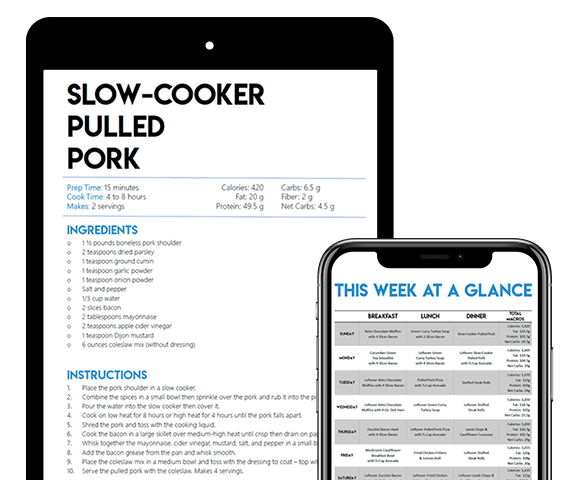
- Absorptive State (Fed State) – the period in which your body is digesting and absorbing food. It starts when you begin eating and continues for about 4 hours as you digest and absorb everything you just ate.
- Post-absorptive State (Fasting State) – the period in which your body isn’t processing a meal (digestive tract is empty) and energy comes from the breakdown of your body’s reserves.
Once your body has entered the fasting state, the body begins to use its available stores to provide energy, especially glucose for the brain. The first reserve of glucose is the liver’s stores of glycogen which will maintain blood sugar levels for about 4 hours.
After these 4 hours (about 8 hours after the last meal), fatty acid oxidation (fat burning) generates the energy needed for the brain and body. The longer the fasting state lasts, the longer the fat burning continues (source). This is why it is beneficial to hold fasts daily for as long as possible.
Benefits of Intermittent Fasting
- Accelerated fat burn during fasting period – once the body depletes the liver’s glycogen stores, it taps into the glycogen stored in your muscles and then breaks down fat. The more time away from food, the more time you break down stored fat for energy meaning longer fasting periods are better for fat loss (source).
- Limiting caloric intake – by limiting the period of which you can eat, you effectively limit any excess you would have tried to eat pre or post the feeding window. This does not mean you can’t go over your calories during the feeding window, but it does help overall.
- Increased metabolic adaptations – your workout performance will increase in a fasted state vs. non-fasted state (study).
- Spend less time eating, more time free – with intermittent fasting, it’s almost necessary to schedule meals and eat/prepare less often.
Low Carb Intermittent Fasting
Keto Intermittent Fasting is perfect for those already living a keto lifestyle or looking to start. There are a few reasons:
- Fat burning is maximized – When one is in a state of ketosis (and especially keto-adapted), the body is already using fat as fuel (mostly the fat we feed the body) and is ready to use its fat reserves in an instant. With keto and intermittent fasting, your body is much more efficient at burning fat so the more time you spend in a fasted state, the more fat you burn than if not in ketosis (and especially when keto-adapted).
- Lower liver stores – Due to a low carb availability, glucose levels are much lower than for non-keto/low carb dieters, meaning you enter the fasted state sooner and you are burning fat reserves for glucose and ketones even longer.
What is the feeding period?
The feeding period is the window time you are allowed to eat within. You may have 1 or more meals (the actual number does not matter, just the caloric intake) which should make up the total daily calories and macronutrients you are consuming.
If you want to eat 2000 calories a day, make sure to eat those 2000 at any point within your feeding period.
I like to break it up into 2 meals – lunch and dinner. I usually wake up around 9 am, skip breakfast and eat a BIG lunch at 12 pm. Then I have a BIG dinner at 8 pm. In those two meals, I make sure to hit all my daily macros.
What kind of schedule should I keep to?
Many people have different fasting periods, and the one that may work for you may be longer or shorter than mine. Here are some fasting schedules to give you an idea of what you can try and decide what will work best for you:
- 8/16 – 8 hours feeding, 16 hours fasting
– Example Schedule: 12 pm to 8 pm feeding, 8 pm to 12 pm (next day) fasting - 6/18 – 6 hours feeding, 18 hours fasting
– Example Schedule: 1 pm to 7 pm feeding, 7 pm to 1 pm fasting - 5/19 – 5 hours feeding, 19 hours fasting
– Example Schedule: 2 pm to 7 pm feeding, 7 pm to 2 pm fasting
At first, it’s easier to keep a wider feeding window (e.g. 8 hours) in the middle of the day. Most find it easy to skip breakfast by having a big lunch. And having a big dinner at the end of the feeding window means you shouldn’t have much trouble making it to bedtime. If you do, water, tea or coffee is allowed during fasting periods (sweetened with no-calorie sweeteners). Beverages under 50 calories won’t put your body into an absorptive state.
As your body becomes more accustomed to fasting, you will be able to cut the feeding window shorter and shorter. You’ll have to test how short you can make it before you body says no more! The longer the fasting periods, the more benefits you will receive (especially fat burning).
Have questions?
Great because we love answering them! Go to our Intermittent Fasting FAQ page and find the answers you’re looking for! If you can’t get the answer to your questions, you can ask them at the bottom in the comments, and we’ll be happy to answer them.
Sample Recipes
View our keto recipes page to get started. All are low in carbs and high in fat, with macros listed before the ingredients list.
Disclosure:
We are not nutritionists or doctors, and this information is not meant to be given as medical advice. We are two people sharing our success strategies and resources and encouraging you to do further research to see if they’ll work for you too. Before starting any diet, you should consult with your physician to rule out any health issues that could arise. Safety first, results second.
NUTRITIONAL DISCLAIMER
The content on this website should not be taken as medical advice and you should ALWAYS consult with your doctor before starting any diet or exercise program. We provide nutritional data for our recipes as a courtesy to our readers. We use Total Keto Diet app software to calculate the nutrition and we remove fiber and sugar alcohols, like erythritol, from the total carbohydrate count to get to the net carb count, as they do not affect your blood glucose levels. You should independently calculate nutritional information on your own and not rely on our data. The website or content herein is not intended to cure, prevent, diagnose or treat any disease. This website shall not be liable for adverse reactions or any other outcome resulting from the use of recipes or recommendations on the Website or actions you take as a result. Any action you take is strictly at your own risk.
- EPIC Keto Krate Haul! - February 13, 2020
- 30+ Low Carb Snacks (Keto Snacks) with Little to No Prep - January 1, 2019
- Keto Browned Butter Pumpkin Spice Latte [VIDEO] - November 13, 2018
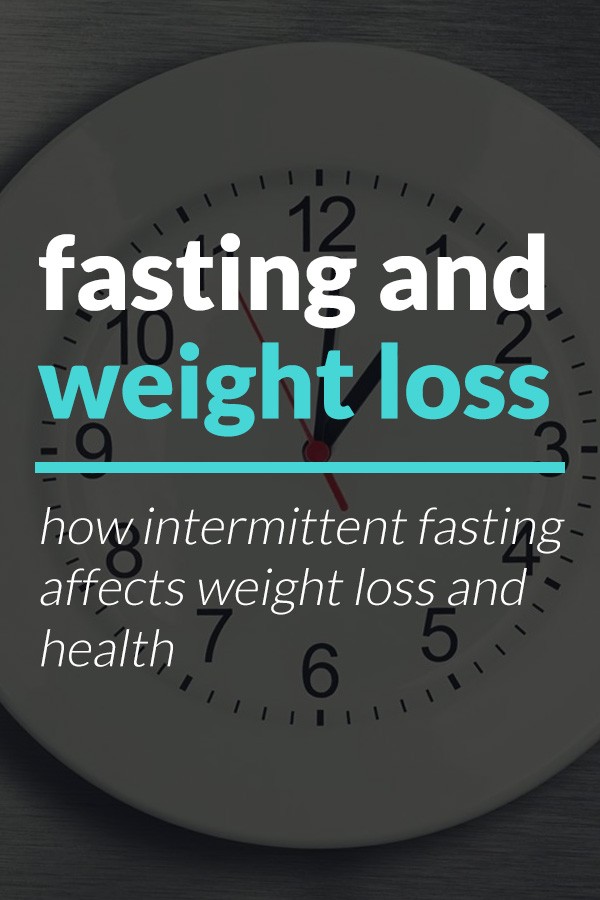
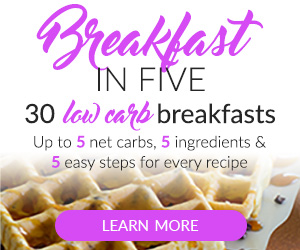
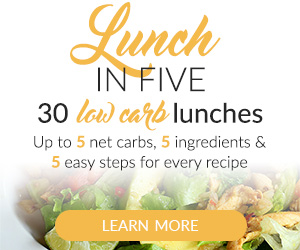
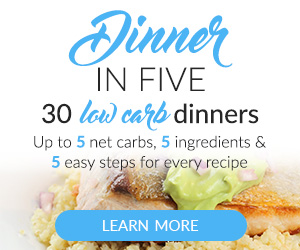
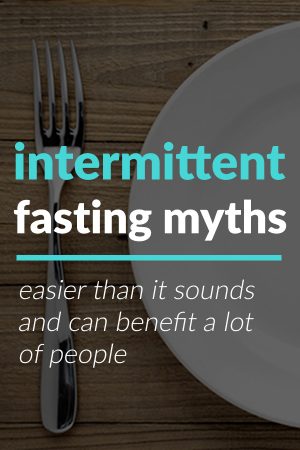
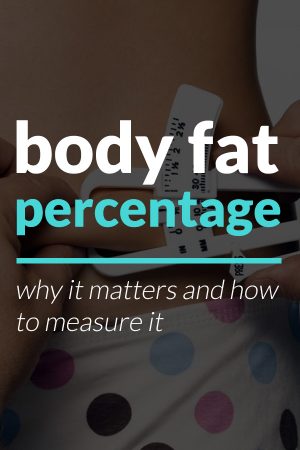
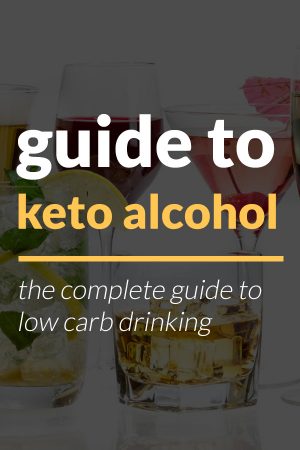

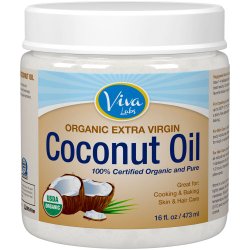
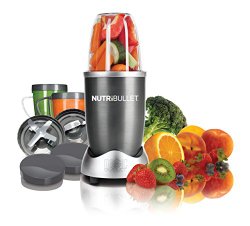
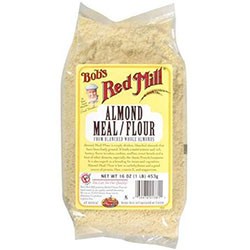
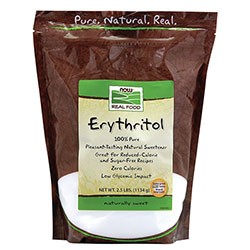
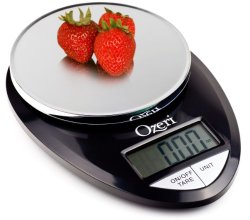
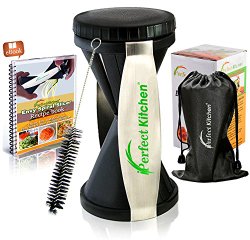
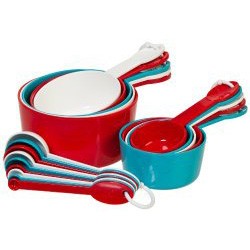
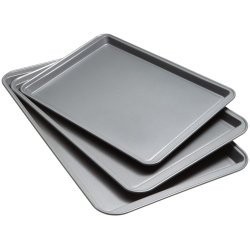
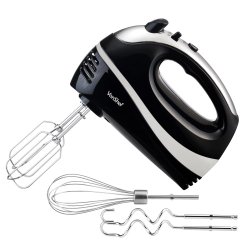


The information provided on your site is Great. A friend of mine turned me on to IF and I have been doing it consistently for 2 months and I have loss 15lbs and went from wearing 38’s to 34’s in pants size. IF is way better than any diet I have ever tried.
I’ve been on keto with IF for about four months. Went to doctor, seen the 320 on the scale and thought hell no. Gained all that weight from quitting smoking and lack of activity. So I did some investigation and started keto with IF. I’m at 250 now. Fast 8 to 12 hrs a day. At least 5 days a week, when I’m working. I start the day with one whole avocado around 6 am. Work at 7 to 3. Somewhat taxing factory work btw. 17 to 18 carbs. I count 18 just to be safe. Then around 6 I’ll eat like a two serving baby spinach and diced boiled egg salad with low carb ranch. Then two or three hamburger or sausage patties. While throughout the day I’m pounding the water back as well. At least 1 1/2 to two gal a day. I had to cut out the cheese, it was plugging me up. To those new to keto……its all about spinach, avacado( 200g is 1000mg potassium which you’ll find it’s hard to get the 4700mg on keto), eggs, and of course meats. I have never felt better and I’ve adapted really well. It’s engrained in me now, I still get constipated every so often which I assume is a lack of potassium, so if anyone knows of a supplement that’s over 200mg I would greatly appreciate it. So to sum up this long rant or w/e you wanna call it. Keto with IF is amazing, It’s made me almost swear by fat as being the better fuel, especially the larger frame body type like mine, it just takes a lot of determination and self control.
Great article. Thank you. I have a couple of questions though.
1. My understanding of Keto (In layman’s terms), is that it’s delicate balance between fed and starving. Where fat loss occurs but muscle loss does not. While fasting between 16-20 hours a day.. How do you prevent your body from entering starvation mode and consuming muscle mass?
2. If practicing a low cal/keto diet such as Ideal Protein (I am on an alternate of IP)…Is it possible to go out…have a meal and a few drinks.. and then fast for 12-16 hours before jumping right back on the diet? Will this get me back into ketosis faster than the week it usually takes?
Hi DJ,
Keto isn’t about starving, it’s about utilizing fat (ketones) instead of carbs (glucose) as your primary source of energy. You eat a normal amount of energy on keto. When on a keto diet, your body is always ready to consume fat, long before it wants to break down your muscles for energy, which is why there’s less loss of muscle mass.
Having a few drinks is fine, but you have to make sure they’re not sugary and high in carbs. Diet tonic or other diet sodas are good replacements, straight hard liquor, dry wines and low carb beers will keep you in ketosis. If you’re trying to be on a low carb diet, you have to keep low carb. If you’re keto-adapted by being keto for over a month or two, then getting back into ketosis after kicking yourself out will be faster, maybe 1-2 days.
Hello to both of you,
Thank you for this wonderful article. I would like to clarify the following as I have done both kinds of dieting (LCD and KETO). I have always had this question in my mind. I came across Intermittent fasting 2 to 3 months ago and ever since been practising that for better health and physique. My question is which diet among the two complements Intermittent fasting the most?
1) Low Carb Diet (20C:45P:35F) or
2) Ketogenic diet (5C:35P:60F)
The above macros are not the exact calculations for the diet mentioned above. It could vary as per personal choice. For e.g. a person may want to do 65%F and 30% of protein instead of 60%F and 35% P as mentioned above. It’ll be really interesting to know your valuable thoughts on this query. TIA
The reason we eat about 5% of our calories in carbs is that going above a certain amount of carbs per day (range is from 25-50 grams of net carbs) will kick you out of ketosis. Realistically, intermittent fasting will be beneficial whether or not you’re on a keto diet. With a keto diet, your body is already in fat-burning mode and intermittent fasting is meant to put you into ketosis quickly as well. There is likely an added benefit to fat burning when doing both.
While in fasting stage is coffee,tea and water allowed?
Yes! Coffee, tea and water are allowed. However, no sugar or cream 🙂
When doing the fasting do I count my bullet proof coffee? Always start my day with this but don’t eat until after noon. So I could do the noon to 8 pm eating schedule
Bulletproof coffee will definitely break your fast; it’s high fat and high calorie. Make sure you haven’t eaten anything in 12 hours minimum for it to count as fasting. If you last ate at 10pm, your next meal should be at 10am, the earliest.
Thanks for this clarification! IF + Keto makes SO much sense, and now I know that BPC can start the day at 8AM and I can stop eating at 4PM. That works!
I would like to try IF for weight loss/ better health- I am recently diagnosed type 2 diabetes- the metformin pills I take twice daily need to be taken with food- I am going to begin with 16:8 so would I just take the pills around noon with first meal and then later towards 8 pm with second meal? I think because the pills need to be spaced apart I may not be able to do longer fasts… any suggestions? Thank you!
We would recommend talking to your doctor before starting 🙂
Thank you for replying..
Hi there. I love your articles and find them very useful. I have started a keto diet (two weeks in) I wished your calculations and have been using MyFitnessPal to keep track of Marcos. I am just having a hard time hitting the targets. I’m full and not hungry – is it a must to teach those goals every day or just try to make sure your fat intake ishight higher than protein and carbs? I use the sticks to see if I am in ketosis and I’m reading a t a moderate level.
Thank you for your help.
Protein is a goal you should be hitting each day. Carbs are a limit, so make sure you eat below that limit. As for fat, you can eat until you’re full. If you have a few grams at the end of the day but just aren’t hungry, you don’t need to force yourself to eat!
Started being keto for endurance racing earlier this year after having foot surgery. Training was delayed until a few months ago. I’m now up to 3 hour sessions. Naturally I eat around 10 am and 4 pm and 1-2 times a month I fast for 40 hours.
Couple of questions. Wonder about fueling for races longer than 5 hours? The conventional fueling model is to carb load 48-24 hours prior to race day then carb based breakfast the morning of the race and carb based fuels every 2-3 hours. I have had successful races when fueling this way after learning what does not make my gut bloat causing pain. Have you had an experience with fueling for endurance racing?
And my other question or comment is – my name is Marty and I’m addicted to sugar. My first addition to sugar started in 4th grade when my mom fed me a cookie when I needed a hug. Over the last 10 years I have managed to loose 50 pounds but I still have episodes of binging on sugar. Funny how I justified honey, maple syrup and other “natural” sugars. But sugar is sugar and I am addicted. Any words of wisdom? How do I stop when I’m on a binge?
Hey Marty,
Thanks for your questions!
Regarding endurance, I’m not sure about mid-run fueling up but it’s been shown through many studies that low-carb dieters will burn more fat since their bodies are already in fat-burning mode. This means you should have much more energy for endurance racing just due to being keto (your body turns to your stored fat for continuous energy). See this study: http://www.metabolismjournal.com/article/S0026-0495(15)00334-0/abstract.
Sugar binges are the nemesis of keto dieting and we’ve found a few things that help.
The first is to try making keto desserts and eating those. We’ve been making them for years and they satisfy our cravings every time.
Get rid of all the temptations from your home. Throw them out. It’s much harder to give in when you don’t have things readily available.
Only eat things you make yourself. Want to eat a dessert? Fine. But you have to make it from scratch. If you only allow yourself to eat something as long as you actually made it and didn’t buy it ready-made for you, you’ll think twice and you’ll HEAVILY reduce the bad things you eat. Plus, even if it’s carb-y, it will be made of wholesome, quality ingredients and won’t be loaded with tons of chemicals and preservatives.
I hope that helps. Good luck!
This is interesting information, but it does make me curious. It goes against the widely popular “eat several small meals throughout the day” mentality that most doctors and nutritionists recommend. It’s not that I don’t believe you, I’m just curious why they wouldn’t recommend the same thing, especially if it helps burn fat more quickly and efficiently.
I’m 99.9% ready to take another plunge into keto/low carb eating, but I’m allergic to all forms of coconut. Like ALL of them, and I honestly don’t know how I can succeed without it. Using almond meal by itself in baked goods never worked because the batters were too wet without the coconut flour to absorb moisture. Do you have any recommendations?
I would say – don’t let something like a coconut allergy get in the way of your goals. Keto is 100% doable without touching a coconut. If it means sticking to “flourless” baked goods or avoiding them altogether, then you should go for it! The point of keto and going low carb is to break the dependence for sugar. Forgoing baked goods is a great way to take the plunge. We’ll keep in mind to include more flourless recipes so that people with nut and coconut allergies need not worry 🙂
As for the intermittent fasting concerns, just think of the “low fat” idea everyone believed that’s been proven completely detrimental to health. Just because you hear it every day doesn’t make it true. It just takes a bit of getting used to!
Try IF and decide for yourself if your body does well or if it needs a longer feeding window. It all depends on the person.
Hope this helped!
Thanks so much for the encouragement and information, Vicky.
My carb addiction is beyond out of control… it’s downright insane, so my second attempt at living a low carb lifestyle is going to take more than just getting used to. It’s going to take every ounce of physical, emotional, and spiritual energy and self control that I can muster!
Thanks again!
Best of luck!!!
Hey, so I’ve been on ketosis for the past two week but with my brother’s upcoming wedding I dont think I will be able to follow a strict Keto diet so I was considering doing a intermittent fasting diet. So what I wanted to ask is that, is there any effect on what time you start your fasting period or is it okay to start at anytime as long as you maintain that full fasting period. For ex. I generally eat my dinners a little late(around 10pm) so is it fine if I start my fasting period post that? So say I fast till the next day 2pm. Will it still work or do I have to start fasting from 8pm?
Hi Rohit,
The schedule doesn’t matter as long as you keep a minimum fasting period of about 14 hours. Ideally you should fast 16 hours per day for the most benefits without going too long without eating every day (it seems to be the most sustainable length of time).
Hey Rami,
Okay awesome. Thanks a lot for the reply. Im doing a 16/8 schedule. Hoping for the best! 🙂
No problem!
Intermittent fasting can definitely help speed weight loss up. Keep in mind that a caloric deficit is still the most important factor for weight loss and unless you’re eating at a deficit, you won’t lose much weight. If you haven’t yet, use our macro calculator to know how much you need to be eating daily to maximize your weight loss.
Good luck!
Hello. I am a 35 year old female with about 40-50 lbs to lose. I am currently doing intermittent fasting 6:18. I am not doing the Keto diet. I am having a 1-2 lb weekly loss, but would like to see more. Which do you recommend for me to do if I want to lose the most amount of weight in time for summer? Thanks!
Hi Teresa,
The most important thing for you to do is eat at a caloric deficit. You need to figure out how many calories per day your body needs and eat about 15-20% less than that. To figure out your daily goal, try using our macro calculator. It’s meant for a low carb diet but you can still figure out the calories (they just won’t be broken down into macronutrients for your diet).
I’m interested in IF and appreciate your information. I love my bulletproof coffee in the morning with a tablespoon of grass-fed butter and a tablespoon of MCT oil, and wonder how it fits into fasting. Do I have to wait until noon for my BPC?
Hi Kathy, unfortunately a bulletproof coffee has about 250 calories and would definitely break your fast. A black coffee however would be fine!
Hi! I’ve been in Ketosis since end of January in hopes to lose inches. I have not yet. I’m following macronutrients guide to eat 1200 calories w 80/15/5 intake and (my BMR is 1425). Should I be eating more?
Hi Laura, congrats on starting keto! We recommend using our Keto Calculator to figure out your total daily calories and macros. Hope that helps!
I want to gain muscle mass while intermittent fasting. Are there any issues with high protein/caloric intake in a meal? I’m currently 6’0″ 160 pounds 12% body fat and want to be at around 170. Splitting 3000 calories into 3 meals with 50g of protein in each?
Hi Frank,
There aren’t any issues with high protein / calorie intakes per meal – except for the process of actually eating and holding it down!
That kind of break down per meal is absolutely fine. If you haven’t yet, use our macro calculator for the keto diet for a better idea of what your intake should be by macronutrient and calories. Intermittent fasting is a change in schedule, not diet itself.
I am interested if you have an opinion on what kind of workouts are more beneficial when doing IF. Is strength training more important or cardio? Or a mix of both. I am a female, 30 years old, 5’7, about 152 lbs and need to lower my body fat percentage. I workout 5 days a week, usually with 3-4 days focusing on strength training and doing HIIT or running 1-2 days per week.
I read that when you are intermittent fasting and are in a calorie deficit that is is actually better to reduce your workouts to about 3 times a week and focus on strength training on those 3 days. I just am not sure what to do and would love your opinion! Also, not sure if this matters at all but I am doing 16:8 and I start my fast usually around 10 pm and do not break it until 2-3 pm the next afternoon. I workout in between as I have to workout in the mornings (4 am) before work, so it is many hours AFTER my workout that I get to eat. I know most workout and then break their fast right after, unfortunately, I cannot work that with my schedule.
Hi Annie,
Those are some great questions!
To start with, getting your body fat down is all about a caloric deficit + length of your fasts.
Regarding fasting, keep this in mind: Roughly every hour past 12 hours your body is in a fully fasted state (your body burns your stored fat). In a way, 16 hours fasted is roughly 4 hours of fat burning time. If you increase that to 18 or 20 hours daily (not easy but definitely rewarding and can be done gradually), you’ll essentially be getting 50% to 100% more hours in a fully fasted state.
In terms of how much or how often you work out, fasted or not, what you’re really doing is adding to your overall caloric expenditure. This means that if you’re eating at a caloric deficit daily, the more time you work out the bigger your deficit becomes (upping average daily calorie burn while keeping caloric intake the same).
Something I would advise, especially since you’re working out fasted, is to take Leucine, an amino acid. 3-5g pre workout and 3-5g post workout. It helps activate protein synthesis (something whey protein and carbs both do for you but you are lacking due to fasting and possibly being on keto).
You’re already doing HIIT and that’s great all around. I personally prefer strength training (high weight, low volume) over cardio because it builds muscle and the more muscle you have, the higher your BMR (Basal Metabolic Rate).
I hope that answers your questions! If I missed something or you’d like clarification regarding anything at all, please feel free to ask.
Thank you!
Rami
So glad Annie asked this question! Thanks Rami for the reply. It is exactly what I have been scouring the internet to find out! My goal is to increase muscle and lose body fat and I am doing 16:8 intermittent fasting, but I exercise in the morning. I don’t want to break my fasting too early, but I’ve been concerned about losing muscle if I didn’t eat soon after. I will definitely look into using Leucine. Any recommendations on a good supplement to use? Thanks
I don’t understand the feeding/fasting schedule. As an example, one of the schedules specifies “8 hours of feeding,” but I’m not sure what that looks like, from a ‘meal’ perspective. Surely it doesn’t mean that I’m eating – nonstop – for 8 hours straight; how does that translate into our typical “breakfast, lunch, dinner” schedule? Would it be typical to just skip one of the day’s meals? Two of them?
Hey Brian,
Great question!
The feeding period is the time you are allowed to eat within. You may have 1 or more meals (the actual number does not matter, just the caloric intake) which should make up the total daily calories and macronutrients you are consuming.
Basically, if you want to eat 2000 calories a day, make sure to eat those 2000 at any point within your feeding period.
I like to break it up into 2 meals – lunch and dinner. I usually wake up around 9am, skip breakfast and eat a BIG lunch at 12pm. Then I have a BIG dinner at 8pm. In those 2 meals, I make sure to hit all my daily macros.
Sorry it wasn’t well explained! I made changes in the content to reflect that.
Thank you!
Rami